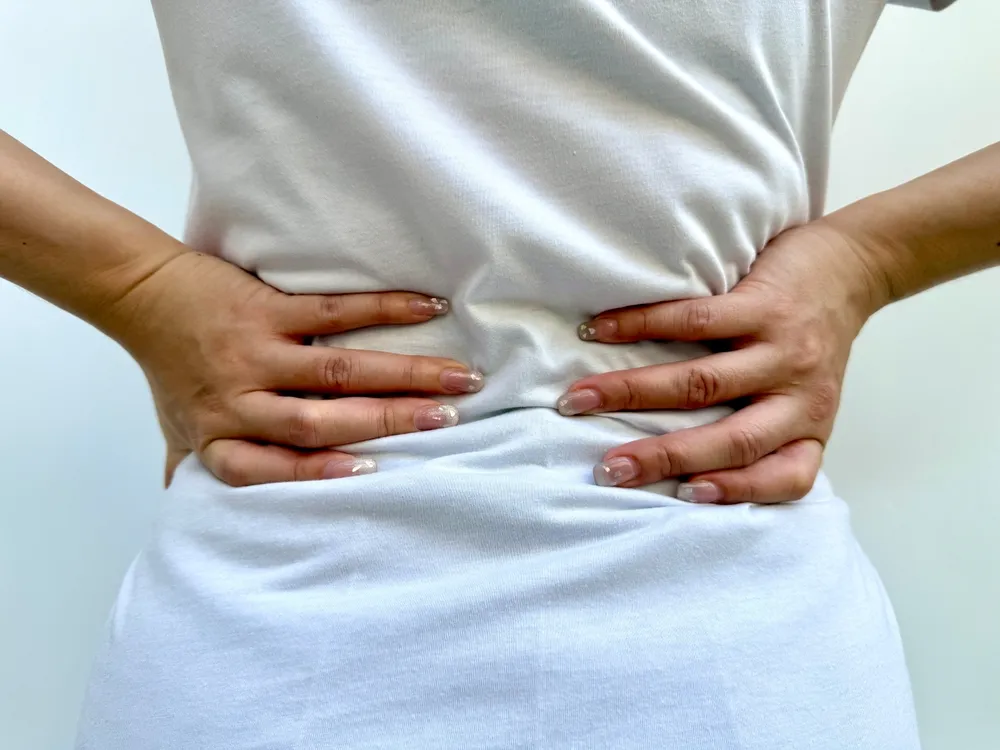Put your hand up if you consider yourself to be a coffee drinker! If your hand is up then you won’t feel out of place in the UK, where approximately 95 million cups of coffee are consumed every single day. That is a lot of caffeine! Now keep your hand up if you’ve experienced the crash that happens after a coffee, or the coffee comedown.
Because while coffee is great for waking us up or giving us that boost in energy, it’s also notorious for bringing us back to earth – hard. That feeling of lethargy and slowness is all too common for many coffee sippers. So what can you do to enjoy the energising benefits of caffeine while avoiding the caffeine comedown? Find out below!
What is the caffeine comedown?
The caffeine comedown or crash is what we call the tiredness and lethargy that occurs a couple of hours after consuming caffeine, either in the form of coffee or energy drinks. Why does the crash occur? There’s a lot of science behind it but in layman terms, caffeine works to block a chemical produced by the brain called adenosine – a chemical that induces sleep and tiredness. Once the effect of caffeine wears off, adenosine comes flooding back, causing the drowsiness associated with caffeine crashes.
Some other symptoms and side effects of a caffeine crash include:
- Tiredness: the most common and most pronounced symptom is tiredness. The eyes start to get heavy, you yawn more often; they’re all symptoms of a caffeine crash!
- Inability to concentrate: It doesn’t matter if your boss is pushing you to get that report fone – a caffeine crash will leave you feeling unfocused and unable to do your work properly.
- Irritability: a caffeine comedown might cut your fuse shorter, making you feel annoyed at even the smallest of things.
- Headaches: a crash might also make you feel dizzy and give you headaches, thanks to the change in blood flow in your brain.
- Anxiety: also called the shakes or jitters, a coffee crash can make you feel restless and unable to stay still.
How to avoid a caffeine comedown
The symptoms of a crash are tough and we know giving coffee up cold turkey is easier said than done. Luckily, we’ve got some other ways for you to avoid it!
Tip 1: Don’t drink coffee on an empty stomach
Drinking coffee by itself is a one way road to a caffeine comedown. This is because your body is relying solely on the energy provided by the coffee’s caffeine to power your body. Without another source of energy, your body will have nothing to draw from, leading into that dreaded period of lethargy.
Eating something before or with your coffee will give your body more places to draw energy from. So make sure you’re eating breakfast with your morning coffee or having a snack with your afternoon brew.
Tip 2: Spread out your sips
By this we mean, you shouldn’t be drinking all your coffee within too short of a time frame. If you’re the type to down two cups of coffee back to back in the morning, you should try and break the habit. Why? Because the more coffee you drink, the harder the following crash will hit you. Instead, try spacing out your cups of coffee. One coffee in the morning and one in the afternoon will stop you from crashing and feeling tired in the afternoon.
Tip 3: Don’t drink too close to bedtime
It might sound like a no-brainer but making sure you’re having caffeine too close to bedtime is crucial, not just for preventing coffee crashes but your overall health as well. And while an evening coffee seems unlikely, people tend to down energy drinks without thinking about the sleep consequences!
Caffeine tends to last in your body for about 5 hours so make sure you’re not drinking any if your bedtime is within those hours!
Tip 4: Get enough sleep
Along the same wavelength as our previous point, making sure you get enough sleep in the evening will help prevent a caffeine comedown the next day. By getting enough hours of sleep (that’s about 7 to 9 hours for adults), you guarantee that you start the day with a normal level of adenosine instead of an overabundance. This means there will be less sleep-inducing adenosine that floods your body during the day.
Tip 5: Stay adequately hydrated
Drinking enough water throughout the day will prevent your coffee crash from getting even worse. Staying hydrated prevents things like tiredness, drowsiness and lack of concentration – which are funnily enough, symptoms of a caffeine comedown! So don’t make things worse by making sure you down a glass of water every now and then.
Tip 6: Look at other energising options
Have you thought about getting energised in other ways? Finding an energy substitute for caffeine sounds difficult but it can be done! You can try sipping on some naturally energising teas such as peppermint and chai, or you can take a cold shwer to shock your body awake. Or sometimes all you need is a proper period of rest to revitalise and refresh your body.
Don’t let your body go through another caffeine crash
With these tips you can leave your drowsy and sleepy caffeine comedown afternoons behind! Stay hydrated, get enough rest and be smart about your caffeine and coffee consumption – your body (and maybe your boss) will be thankful for it! For more helpful articles like this one, check out the OSIM Wellness Hub for more!




